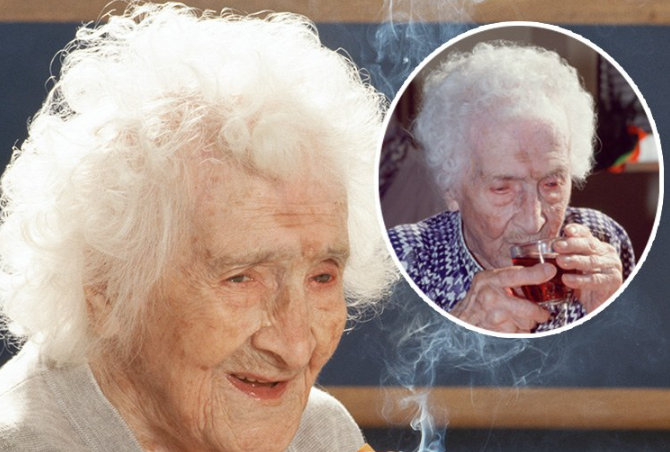Darren viewed his wedding day as the start of an ideal fresh phase — a period when affection would surpass all other elements. He lacked wealth, yet he had labored diligently, cherished profoundly, and believed that sufficed.
Hours following the exchange of “I do,” he began doubting all his prior understandings of affection, honor, and regard.
His bride hailed from an affluent household. Darren had long appreciated her self-reliance and warmth, but beneath her assurance lay a realm of advantages he had never experienced. He sensed the quiet demands weighing upon him — the implicit notion that affection held validity only when packaged in opulence.
That reality emerged throughout their honeymoon — an excursion intended to honor affection yet instead highlighted the divide between their lives.
Upon reaching the airport, Darren observed an odd detail. His bride’s ticket indicated First Class, whereas his showed Economy. Assuming an error, he grinned and remarked, “Hey, I believe they issued mine incorrectly.”
She failed to glance away from her device. “Dad mentioned he refuses to fund you,” she stated nonchalantly.
Her statement struck with greater force than he anticipated. In that instant, the individual who had offered his soul recognized he received treatment as an outsider.
Darren gazed at the boarding document, experiencing a blend of pain and frustration. He had earned every penny through effort. He had cherished her unconditionally. And still, there he stood — separated by a barrier between “First” and “Economy,” an emblem of far greater significance.
He refused to proceed. He exited the aircraft, his heart burdened, his honor wounded.
Subsequently, his phone sounded. Her father called. The individual spoke directly.
“You ought to feel thankful,” he declared icily. “My daughter merits a specific way of living. I shall ensure she obtains it — without your involvement.”
That conversation shattered an inner part of Darren — yet it also ignited awareness.
He understood that no sum of funds could substitute shared regard. Affection lacking parity failed to qualify as affection — it amounted to reliance masked as commitment.
When his bride returned home afterward, they conversed openly for the initial occasion. The matter extended beyond aircraft seating. It concerned self-worth, understanding, and how readily finances erect barriers between souls when modesty vanishes.
Darren grasped a principle that day that others frequently ignore: Affluence can acquire a ceremony, yet not a partnership. It can cover extravagance, yet not genuine connection.
Authentic bonds form through equilibrium, kindness, and regard — not ease or status.
Occasions arise where relinquishing apparent perfection reveals essential values.
Ultimately, affection must arrive without cost — it must carry a vow: To perceive one another as peers, regardless of external demands.





